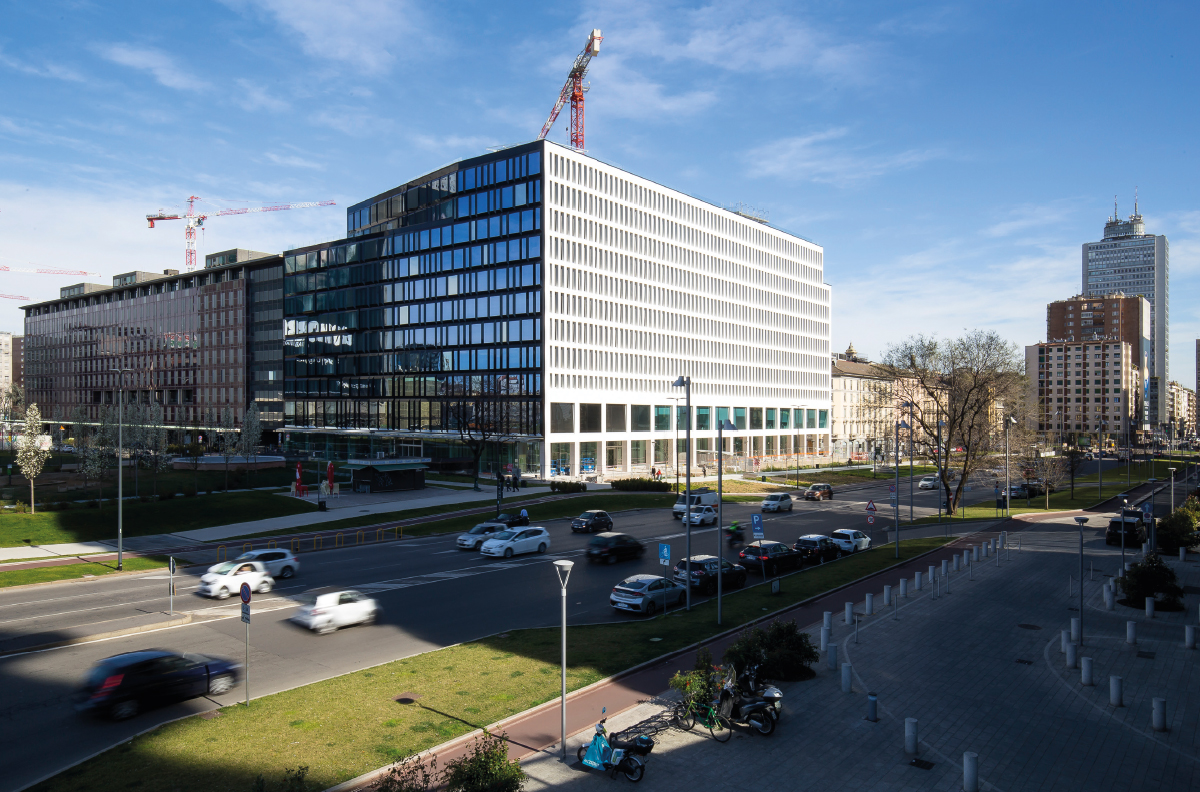Introduction
Welcome to the world of commercial real estate through the eyes of John Doe, a seasoned analyst with over two decades of experience. His expertise has guided countless investors towards profitable decisions in the commercial real estate market.
Understanding the Current Commercial Real Estate Market
The commercial real estate market is a dynamic entity, constantly evolving and adapting to economic changes. Recently, the market has seen an influx of distressed properties. These are properties that are under foreclosure or impending foreclosure due to the inability of the owner to keep up with the mortgage payments.
The Rise of Cash-Flush Buyers
In the midst of this distressed market, a new breed of investors has emerged – the cash-flush buyers. These are individuals or entities that have a significant amount of liquid assets. They are turning to distressed commercial real estate as a viable investment opportunity. The reason? The potential for high returns.

Why Distressed Commercial Real Estate?
Investing in distressed commercial real estate can be a risky venture, but it also holds the potential for significant returns. These properties are often undervalued, providing an opportunity for investors to purchase them at a lower cost. With the right strategies, these properties can be turned around and sold for a profit.
Case Study: Successful Investments in Distressed Properties
Let’s take a look at some real-world examples. Investor A purchased a distressed commercial property at a significantly reduced price. After investing in renovations and marketing, they were able to lease the property to a reputable tenant, resulting in a steady cash flow and a substantial increase in the property’s value.
How to Identify Profitable Distressed Commercial Properties
Identifying a profitable distressed commercial property requires a keen eye and thorough research. Here are some key points to consider:
- Location: The location of the property plays a crucial role in its potential profitability. A property in a prime location is likely to attract tenants or buyers.
- Property Condition: The condition of the property can affect the cost of renovations and repairs. A property in good condition might require less upfront investment.
- Market Trends: Understanding the current market trends can help predict the property’s future performance.
- Financing Options: Having a clear understanding of your financing options can affect your investment strategy and potential returns.
- Exit Strategy: Having a well-planned exit strategy is crucial. This could involve selling the property or leasing it to generate a steady income.
The Future of Distressed Commercial Real Estate
With the rise of cash-flush buyers, the future of distressed commercial real estate looks promising. These investors have the potential to breathe new life into these properties, contributing to the revitalization of the commercial real estate market.










